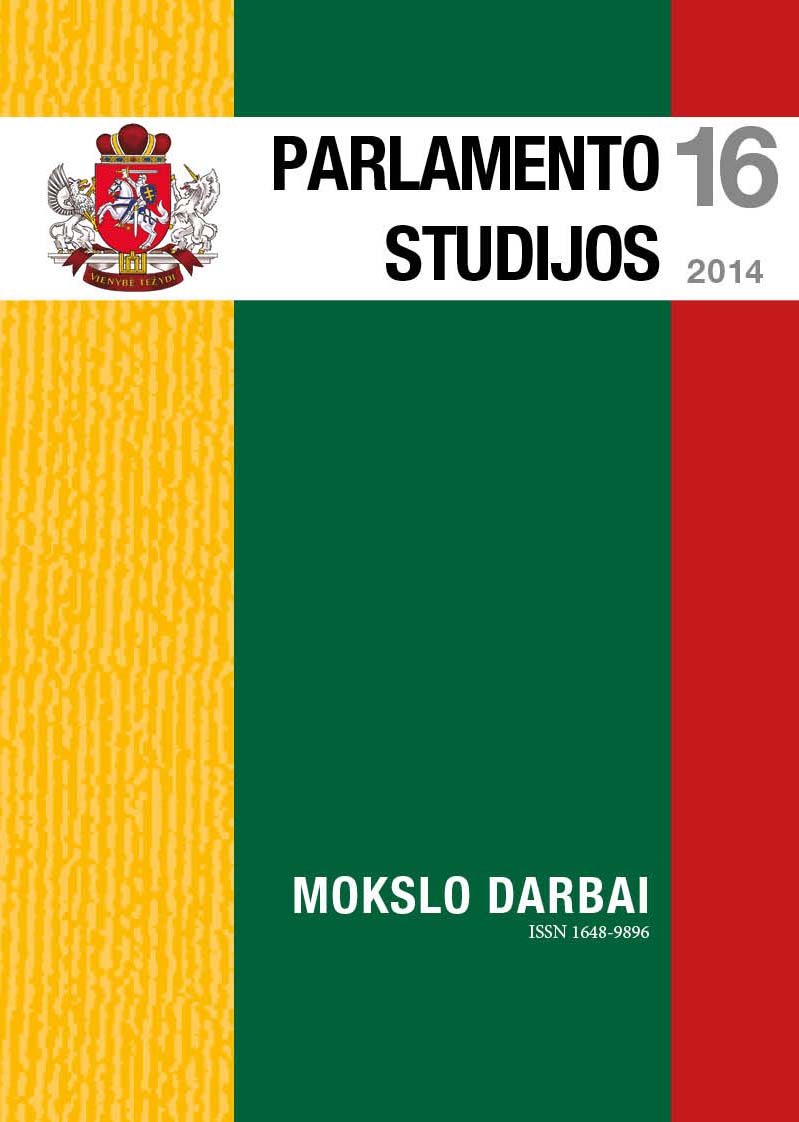Mažasis Seimas Lietuvos parlamento istorijoje
DOI:
https://doi.org/10.51740/ps.vi16.218Reikšminiai žodžiai:
parlamentarizmas, Lietuvos Steigiamasis Seimas, Mažasis SeimasSantrauka
Straipsnyje aptariamos politinės ir teisinės Mažojo Seimo, tapusio ryškiu epizodu Lietuvos parlamentarizmo raidoje, atsiradimo prielaidos, analizuojamas jo sudarymas, veikla ir pasiekti rezultatai.
Mažojo Seimo įsteigimas ir veikla sudarė galimybę į Steigiamąjį Seimą išrinktiems autoritetingiausiems visuomenės nariams įsijungti į tiesioginę veiklą mobilizuojant krašto pajėgas kovai prieš lenkų agresiją. Tai padėjo išvengti Steigiamojo Seimo, didžiąją laiko dalį lygiagrečiai su pagrindinių valstybės įstatymų rengimu skyrusio einamiesiems parlamentinės veiklos klausimams spręsti, darbo trukdžių.








 Lietuvos nacionalinės Martyno Mažvydo bibliotekos mokslo žurnalų ir leidinių metaduomenys yra platinami pagal
Lietuvos nacionalinės Martyno Mažvydo bibliotekos mokslo žurnalų ir leidinių metaduomenys yra platinami pagal 